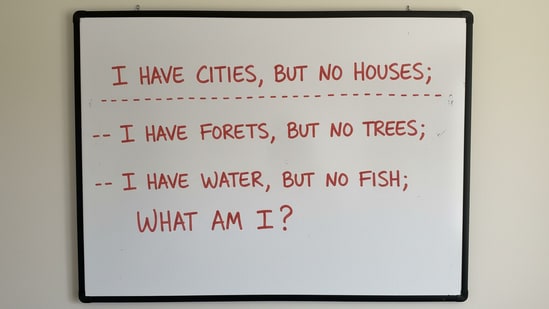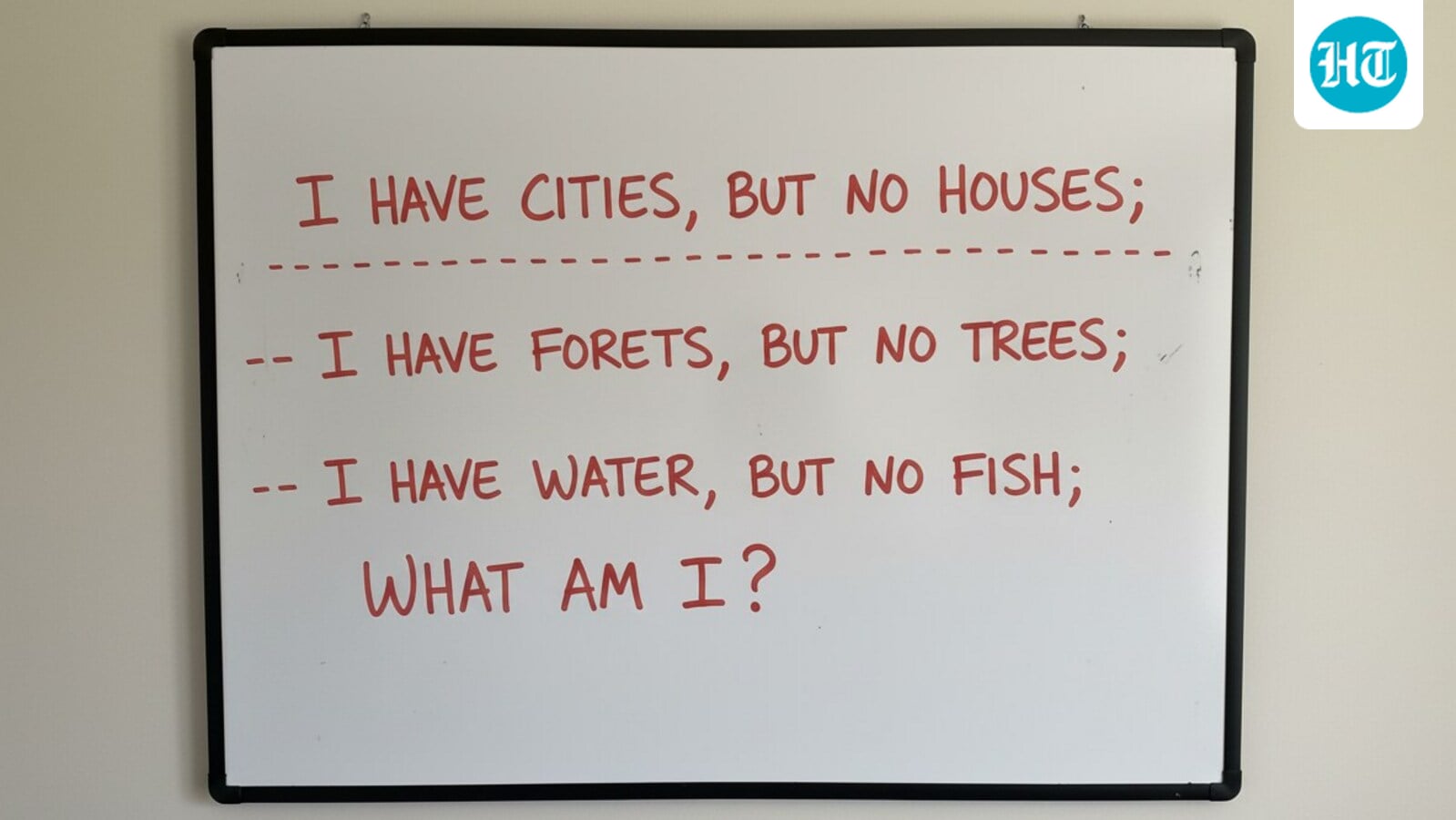Who does not love a good brain teaser? These mind bending puzzles have long held a special place in human curiosity. They invite readers to think differently, test their imagination and enjoy the thrill of solving something that feels deceptively simple. More than just light entertainment, puzzles are often seen as exercises that sharpen the mind, improve concentration and provide a refreshing mental challenge.
 A riddle created with Google Gemini challenged readers with a clever twist.(Gemini AI generated)
A riddle created with Google Gemini challenged readers with a clever twist.(Gemini AI generated)
(Also read: Optical illusion: Only a next-level observer can count all the pandas in this image)
Brain teasers carry a timeless charm because they offer a momentary escape from the ordinary while encouraging deeper reasoning. The satisfaction of reaching the correct solution is often as enjoyable as the puzzle itself.
Artificial intelligence creates a classic puzzle
In keeping with this tradition, artificial intelligence has now stepped into the world of riddles. Using Google Gemini, a puzzle has been generated that immediately captured attention for its clever design. It reads:
“I have cities, but no houses. I have mountains, but no trees. I have water, but no fish. What am I?”
At first glance, the puzzle seems puzzlingly contradictory. It mentions cities, mountains and water, yet points out the absence of houses, trees and fish. This contrast of presence and absence encourages readers to pause and reflect on what could represent all these features without actually containing them.
Why brain teasers continue to fascinate
The enduring popularity of such riddles lies in their ability to mix simplicity with complexity. They often take everyday concepts and frame them in unexpected ways, encouraging readers to step outside conventional thinking.
Brain teasers hold a universal charm, appealing to people of every age group. Whether solved in classrooms, discovered in print, or discussed in conversation, they create a shared bond through the joy of problem solving.
The answer revealed
For those still stuck, the answer to this puzzle is surprisingly straightforward. It is a map. As the riddle explains, a map indeed has cities, mountains, and water, yet it contains no actual houses, trees, or fish.
